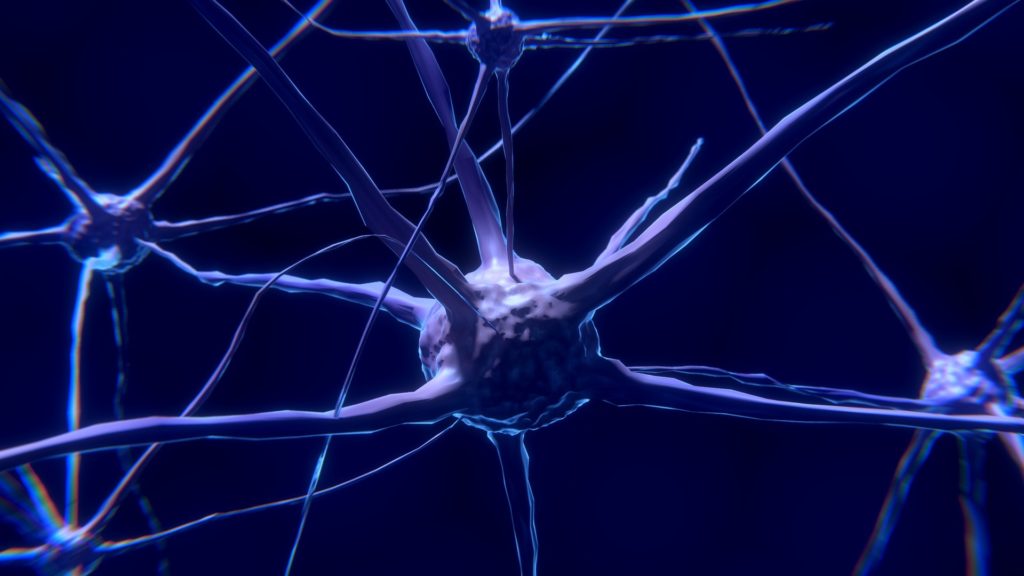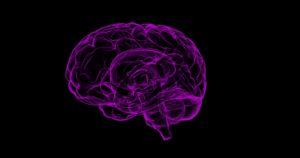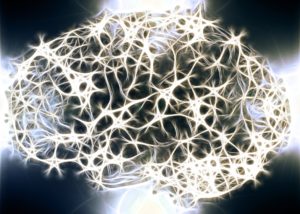
New research reveals that the characterization of the patterns of energy consumption and neuronal activity in the human brain may help enhance our understanding of the effects of alcohol on the human brain.
Scientists at the National Institutes of Health (NIH) believe that this new approach could further be useful for studying other neuropsychiatric diseases.
“The brain uses a lot of energy compared to other body organs, and the association between brain activity and energy utilization is an important marker of brain health,” said George F. Koob, Ph.D., director of the National Institute on Alcohol Abuse and Alcoholism (NIAAA), part of NIH, which funded the study.
“This study introduces a new way of characterizing how brain activity is related to its consumption of glucose, which could be very useful in understanding how the brain uses energy in health and disease.”
Understanding brain glucose metabolism and the effect of alcohol
It has been previously established that brain glucose metabolism, a measure of energy use, is significantly affected by alcohol and assessed through fluctuations in blood oxygenation.
In this study, the researchers combined human brain imaging techniques for measuring glucose metabolism and neuronal activity to determine new measures, which they termed power and cost.
 Power was measured by the extent of activity of brain regions and their usage of energy.
Power was measured by the extent of activity of brain regions and their usage of energy.
Cost of brain regions was determined through observations regarding what extent their energy use exceeded their underlying activity.
In comparison to a group of healthy controls, researchers found that both acute and chronic exposure to alcohol influenced the power and cost of brain regions in both light and heavy drinkers.
In heavy drinkers, less regional power was observed in areas of the brain involved in decision-making, which was considered reflective of the toxic effects of long-term exposure to alcohol on brain cells, explained by Dr. Ehsan Shokri-Kojori, the lead researcher.
The research team also discovered a reduction in power during acute alcohol exposure in the visual regions, related to disturbances of visual processing.
Simultaneous decreases in cost of activity in visual regions during alcohol intoxication were observed, which was in accordance with the reliance of these regions on alternative energy sources.
Significant findings of the effects of alcohol on the human brain
Combining the measure of brain activity with glucose consumption to study regional specialization can help us better understand the effects of alcohol on the human brain, claimed Dr. Kojori.
It was concluded that even though rampant reductions in glucose metabolism was noticed in heavy drinkers compared to light drinkers, heavy drinking did put the brain in a transition toward less efficient energetic states.
 “Studying energetic signatures of brain regions in different neuropsychiatric diseases is an important future direction, as the measures of power and cost may provide new multimodal biomarkers for such disorders,” claimed Dr. Shokri-Kojori.
“Studying energetic signatures of brain regions in different neuropsychiatric diseases is an important future direction, as the measures of power and cost may provide new multimodal biomarkers for such disorders,” claimed Dr. Shokri-Kojori.
He stressed upon the importance of future studies investigating the mechanisms contributing to these disruptions and resulting inefficiencies.
If you are a heavy drinker, these findings may help you in reducing your intake in order to maintain not just physical but your mental health as well. Some studies do suggest that even moderate drinking, no more than one drink for women and two for men, may be associated with shrinkage in areas of the brain involved in cognition and learning.
References:
1. https://www.niaaa.nih.gov/news-events/news-releases/nih-study-brain-energy-patterns-provides-new-insights-alcohol-effects
2. https://www.health.harvard.edu/blog/this-is-your-brain-on-alcohol-2017071412000
3. https://niaaa.scienceblog.com/164/nih-study-of-brain-energy-patterns-provides-new-insights-into-alcohol-effects/
About the Author:
 Sana Ahmed is a journalist and social media savvy content writer with extensive research, print, and on-air interview skills. She has previously worked as a staff writer for a renowned rehabilitation institute, a content writer for a marketing agency, an editor for a business magazine and been an on-air news broadcaster.
Sana Ahmed is a journalist and social media savvy content writer with extensive research, print, and on-air interview skills. She has previously worked as a staff writer for a renowned rehabilitation institute, a content writer for a marketing agency, an editor for a business magazine and been an on-air news broadcaster.
Sana graduated with a Bachelors in Economics and Management from the London School of Economics and began a career of research and writing right after. Her recent work has largely been focused upon mental health and addiction recovery.
The opinions and views of our guest contributors are shared to provide a broad perspective of addictions. These are not necessarily the views of Addiction Hope, but an effort to offer a discussion of various issues by different concerned individuals.
We at Addiction Hope understand that addictions result from multiple physical, emotional, environmental and genetic factors. If you or a loved one are suffering from an addiction, please know that there is hope for you, and seek immediate professional help.
Reviewed and Approved by Jacquelyn Ekern, MS, LPC on June 18, 2019
Published June 18, 2019, on AddictionHope.com
